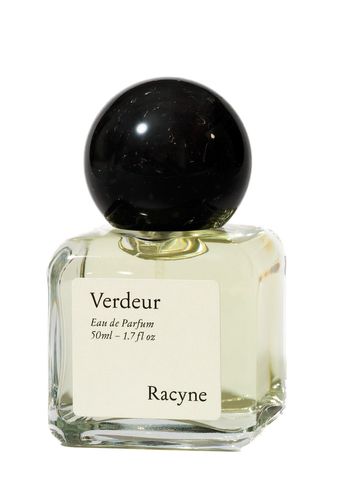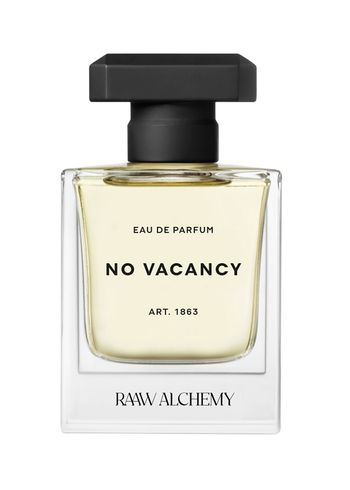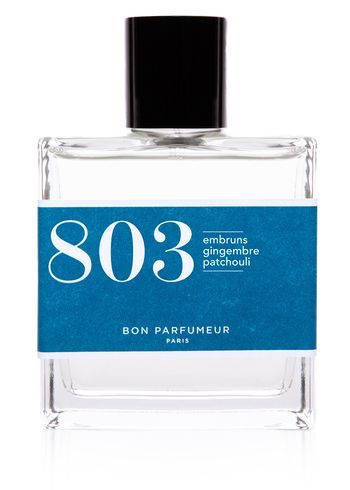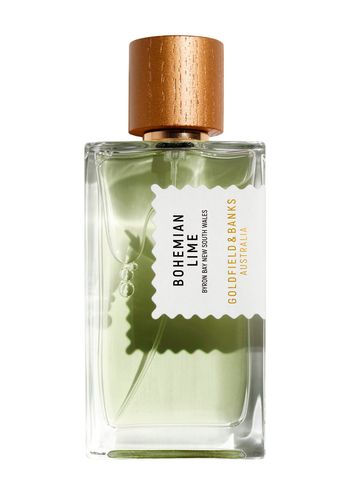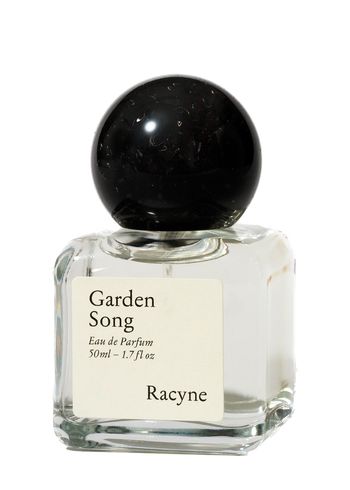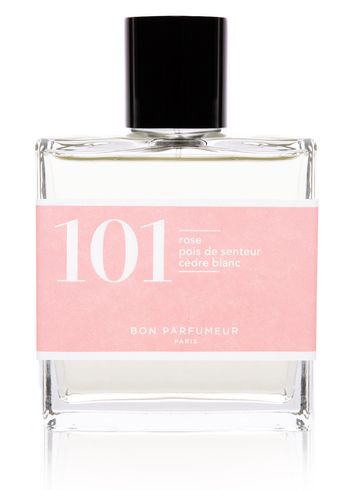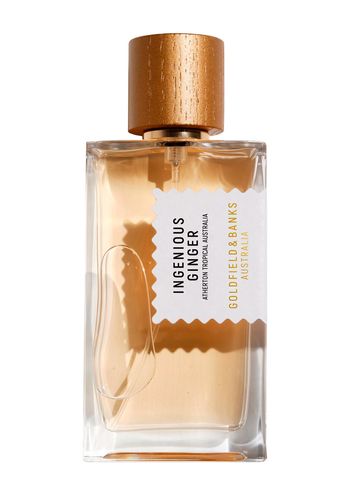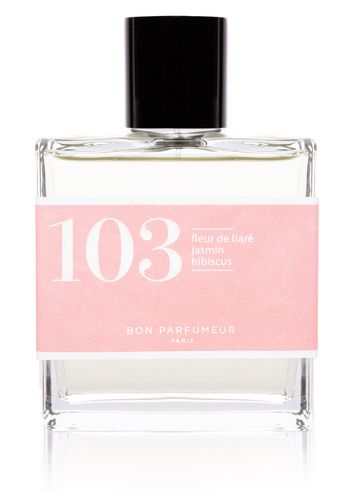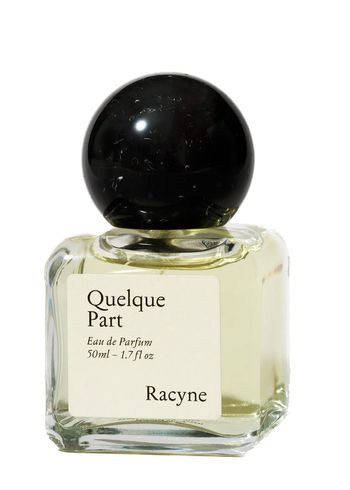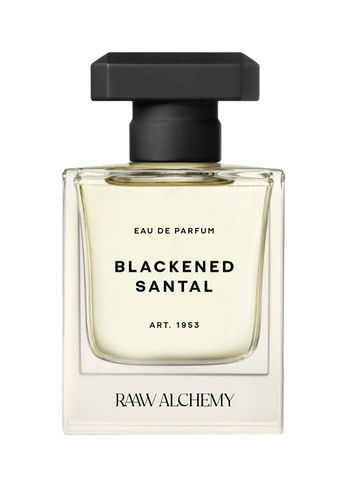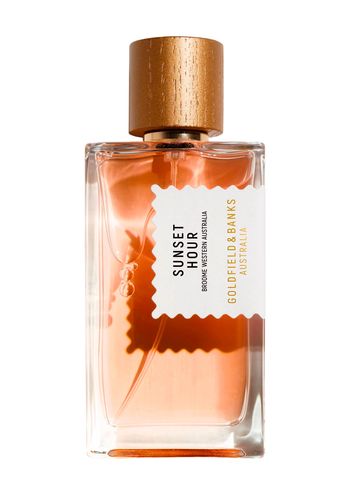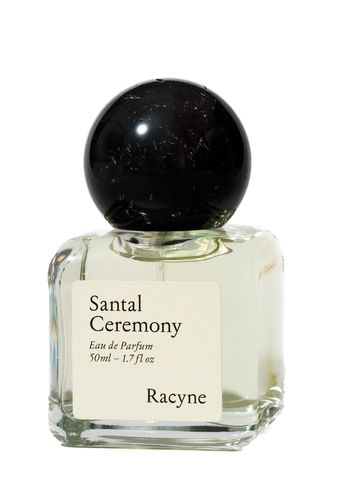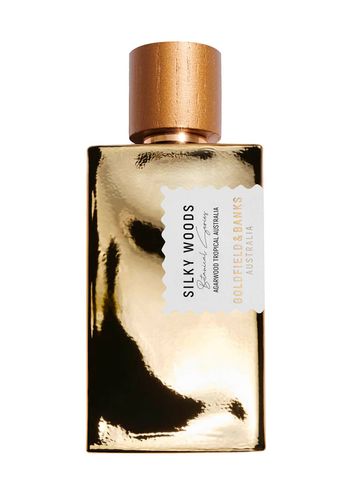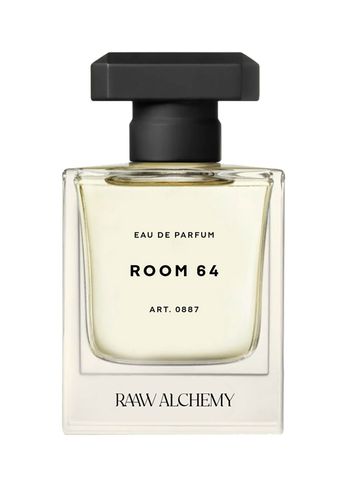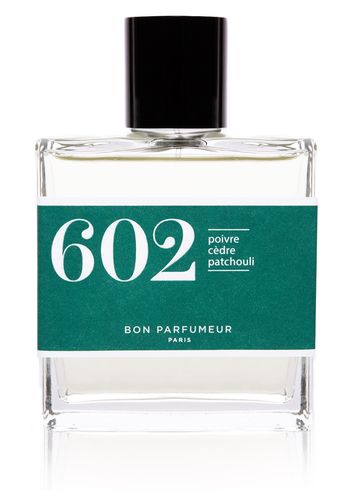
Parfume Guide
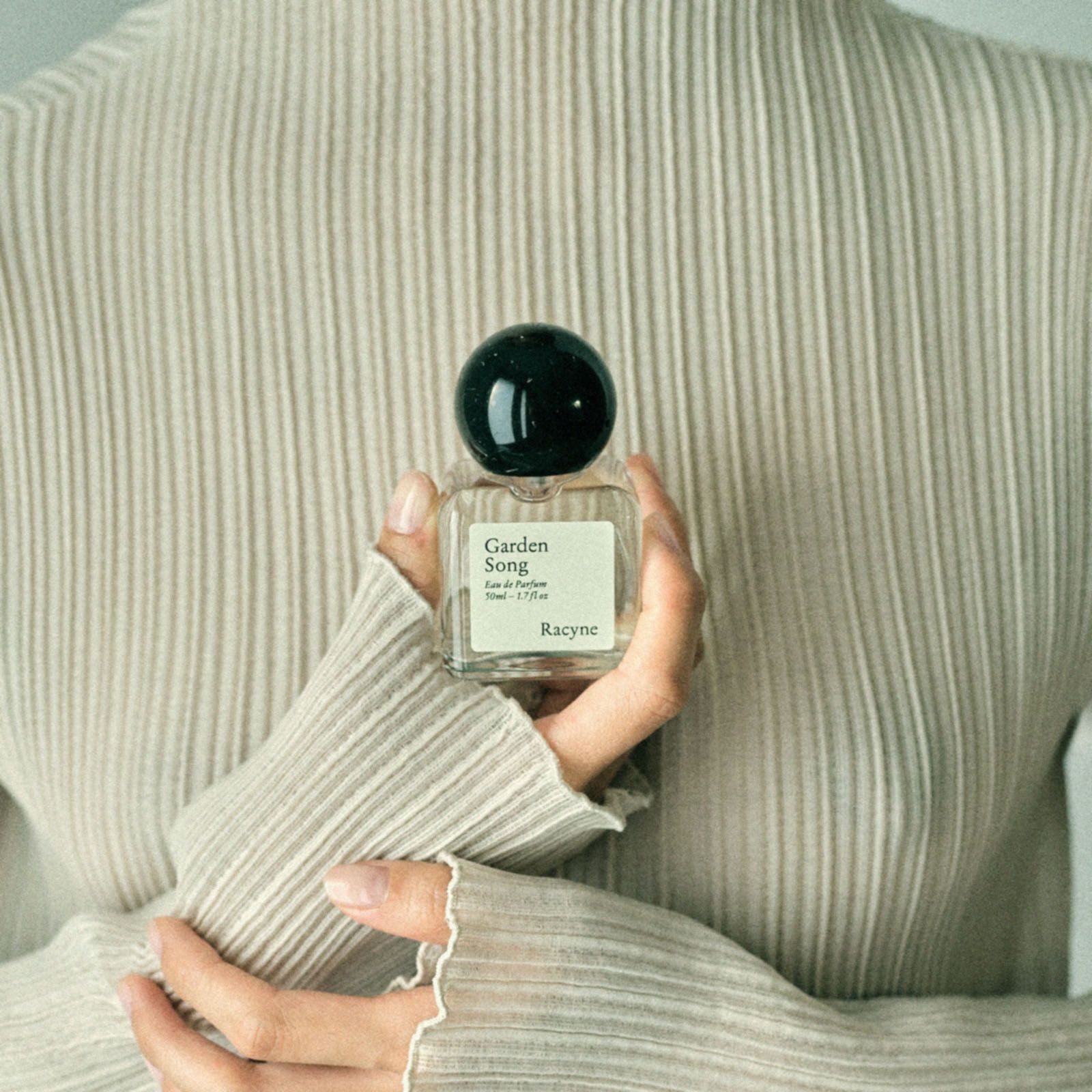
Building perfume
A perfume is typically made up of three layers, which together create a unified perfume, but each has its own characteristics. When choosing your fragrance, it's important to understand how a perfume's top notes, heart notes and base notes work together and which notes you should focus on most.
Top notes
Top notes are the scent nuances that introduce you to the perfume. They are the notes you first notice when you try the perfume, but they are also the notes that disappear first. Top notes last no more than a few minutes and should not be the scents you choose your perfume based on.
Heart notes
Heart notes are the character, soul and identity of a perfume. Heart notes last longer than top notes, typically for a couple of hours, and this is where the perfume develops and adapts to your skin. Often it's during this phase that you really discover whether you like a perfume or not, as the perfume's most characterising notes emerge.
Base notes
The base notes, also known as bottom notes, act as the anchor of the perfume. These notes determine how the fragrance lingers in the air, on clothes and on the skin, and are the notes that last the longest. Base notes help create the overall fragrance experience and contribute to the depth and lasting impression of the perfume.
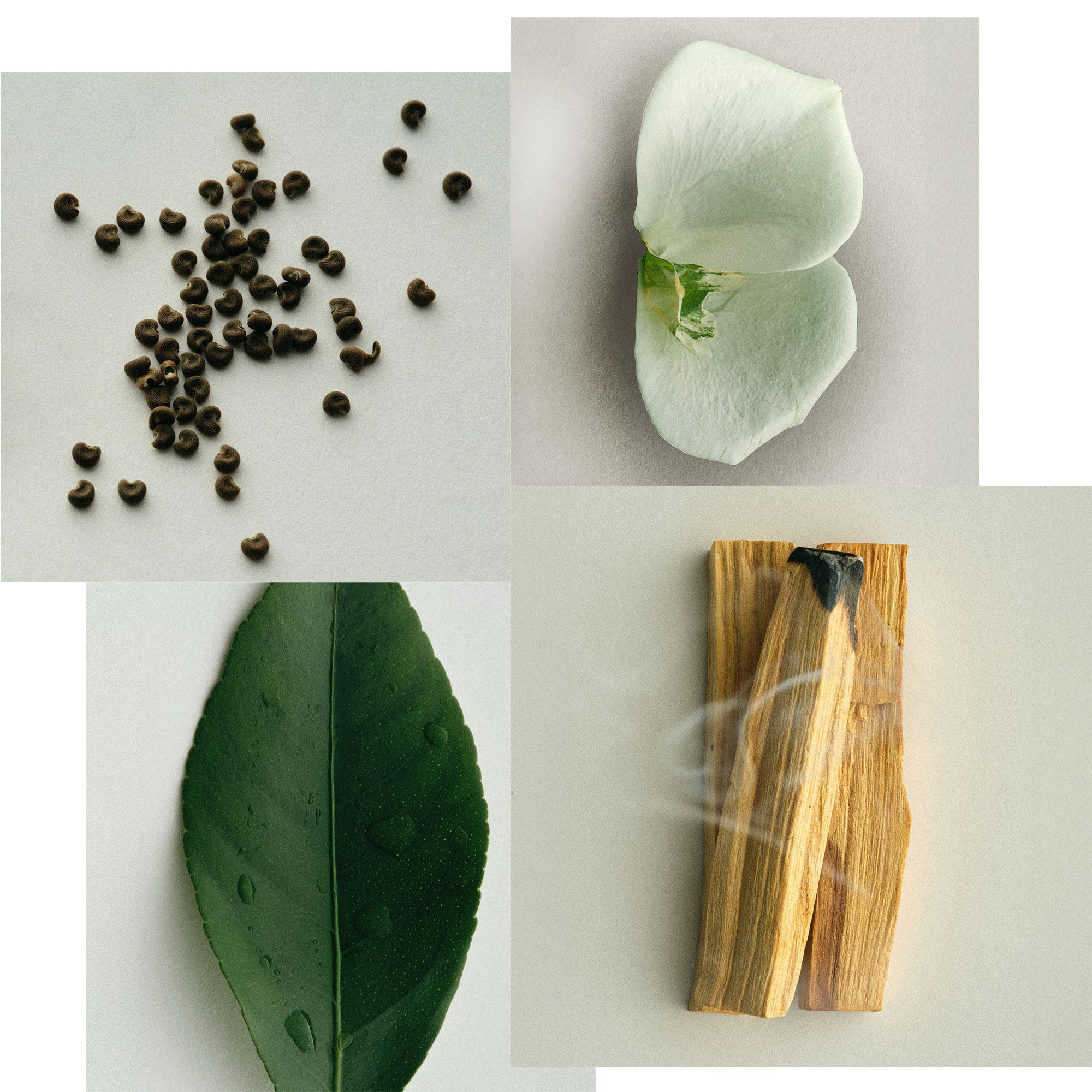
The 4 most popular fragrance groups
Fresh
Clean and fresh notes are often the hallmark of the fresh fragrance family and are one of the most wearable perfumes. To round out the fragrance and create a harmonious experience, sweet or spicy notes are often added. The result is a pleasant and inviting fragrance that may have a shorter lifespan due to its light character. This fragrance family is perfect for everyday and the summer months.
Floral
The most popular fragrance family, characterised by its floral notes that can focus on a single flower or multiple floral combinations. Floral perfumes are often combined with spicy notes to create a more complex fragrance experience. The result is a refined and sophisticated floral fragrance that appeals to many. The floral fragrance family is versatile and can be used for any occasion and season.
Oriental
One of the more bold and daring fragrance families characterised by its strong character that includes warm, spicy and smoky notes. These fragrances can also have an intense and rich sweetness, often balanced with floral or fruit notes to create a sweeter harmony. Oriental perfumes are ideal for those looking for a distinctive and challenging fragrance experience, but are best suited for the winter months and evenings.
Wood
Dry and warm notes that have a highly sophisticated scent. As wood notes are strong in their scent, they are often used to fix the base of the perfume and ensure a long-lasting and stable fragrance. The strong note is balanced with floral, fresh and oriental notes that complement the raw authentic notes of the wood fragrance. This fragrance family is great for everyday wear when combined with floral notes, but better for evenings when combined with oriental notes.
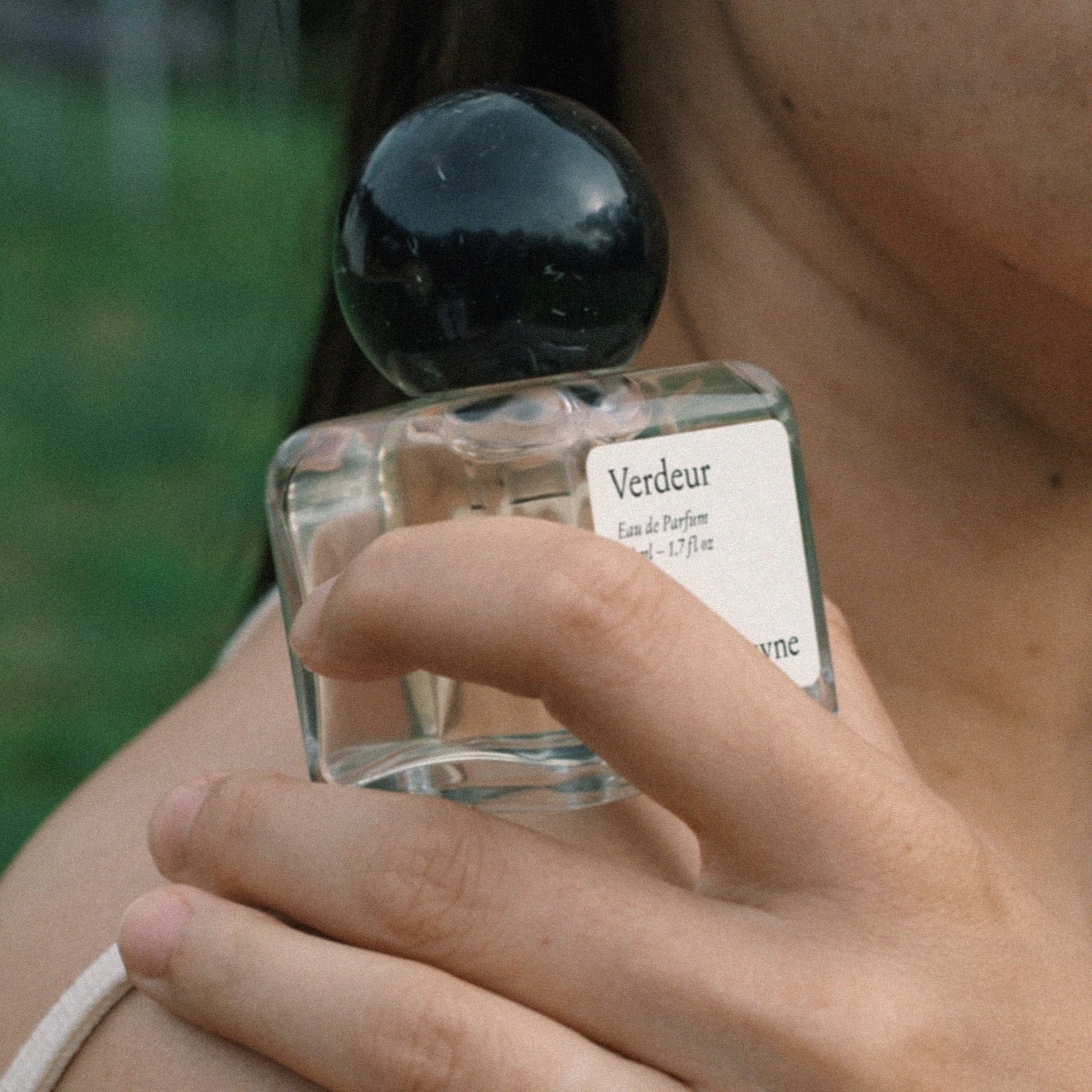
How to choose the right perfume
Does your friend have an amazing perfume that doesn't smell as good on you as it does on her? It's probably because her skin chemistry is completely different to yours. All perfume heart notes develop differently based on skin chemistry and hormones - some perfumes, so-called molecule perfumes, are even developed to be completely unique to the wearer. This is of course something to consider before buying a perfume without smelling it first. When choosing your new perfume, it's a good idea to do the following to find the right heart notes for you.
1 // Think about the purpose of the perfume. Many people buy perfumes by season, with fresh floral notes being good for spring and summer months and oriental heavy notes being good for autumn and winter months. Others shop for their signature scent to be a staple in their morning routine. Here, it's important to choose a fragrance that really complements you and represents your personality.
2 // Whether it's a signature scent or a seasonal fragrance, choose a perfume that represents you and your values. You need to be able to smell the perfume all day long and feel that it fits your personality. Of course, if you are environmentally conscious or allergic to perfume, these should also be reflected in your perfume, where there are many great choices.
3 // Eau de Parfum or Eau de Toilette? The two different perfume variants differ in their concentration of perfume oils. Eau de Parfume has a much higher concentration of fragrance oils than Eau de Toilette. Therefore, an Eau de Parfume will also last for around 5-6 hours, whereas an Eau de Toilette will only last for around 3 hours. An Eau de Toilette is usually cheaper, but in the long run, it's worth investing in an Eau de Parfume as they last longer and you use less of it.
4 // Apply a selection of perfumes to different test strips and leave them on for 5-10 minutes. It's fine to notice the top notes of the perfume, but allow the perfume to develop so that its heart notes emerge. This makes it easier to assess whether you'll like this particular perfume and also minimises the risk of making a bad purchase.
5 // Once you've found your favourite scents, try applying one or two perfumes to your wrists. Let them develop throughout the day so you can smell the top, heart and base notes. How do the fragrance notes change over time and which scent are you most drawn to throughout the day?

How to get the most out of your perfume
To get the most out of your perfume, both in terms of scent and longevity, here are some tips and tricks for proper storage and application:
Apply perfume to warm areas where the pulse is closest to the skin, such as just under the jaw, wrists, elbows and chest. The warmth from these areas will help develop the perfume's heart notes and make the scent more distinct and inviting. Consider applying perfume to your hair by either giving a single whiff or spraying it on your hairbrush. The perfume will settle in your hair and create a fragrant aura around you.
Moisturise your skin before applying perfume to help the fragrance molecules bind better to the skin and last longer. This can be especially useful when using an Eau de Toilette to help the fragrance last longer. Avoid rubbing the skin where you have just applied the perfume, as this destroys the fragrance molecules and weakens the strength of the fragrance.
When it comes to storing your perfumes, make sure to keep them dry and dark, for example in a cupboard or in their original box. Avoid changes in temperature and humidity as these factors can damage the effectiveness of the perfume. It is therefore not optimal to store your perfume in the bathroom, although it is a very typical place to store them. In principle, perfumes don't get too old and they run out more often than they exceed their lifespan, but improper storage can reduce the efficacy and durability of the perfume.
